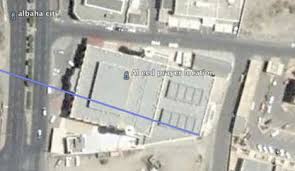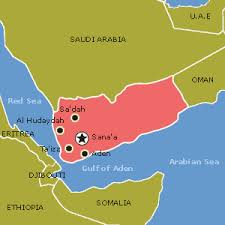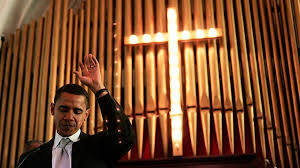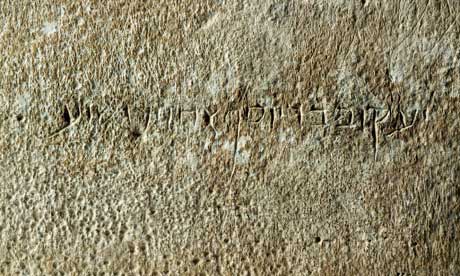 BOOK REVIEW by J. Peter Pham of Philip Jenkins’s most recent book, The Lost History of Christianity (HarperOne, 2008):
BOOK REVIEW by J. Peter Pham of Philip Jenkins’s most recent book, The Lost History of Christianity (HarperOne, 2008): Nowadays, any serious discussion of the shifting demographics of Christianity inevitably leads to Philip Jenkins, the Edwin Erle Sparks Professor of the Humanities in History and Religious Studies at Penn State University.
With the monumental trilogy he completed two years ago—The Next Christendom: The Coming of Global Christianity (2002, revised 2007), The New Faces of Christianity: Believing the Bible in the Global South (2006), and God’s Continent: Christianity, Islam, and Europe’s Religious Crisis (2007)—Jenkins transformed perceptions of Christianity in the world today with the convincing case he made that not only has the center of gravity in the Christian world “shifted inexorably southward, to Africa and Latin America,” but much of conventional wisdom about religion in Europe (and, ultimately, North America) needs to be reconsidered. In the course of developing his argument about the present and future, Jenkins also hinted that the dynamics driving the changes were not entirely new, and the church’s past contained more than its share of surprises. HERE THE WHOLE REVIEW





































